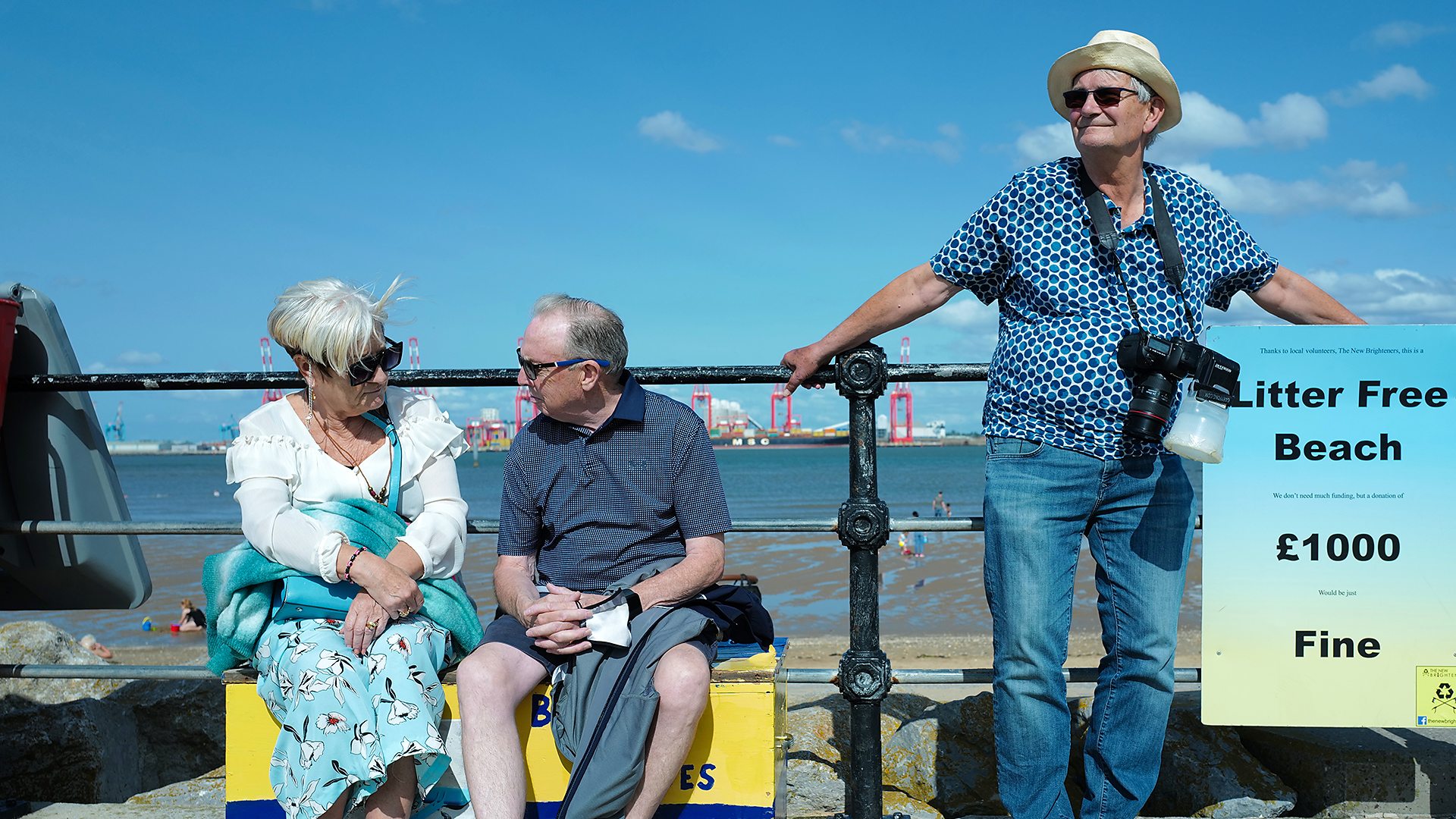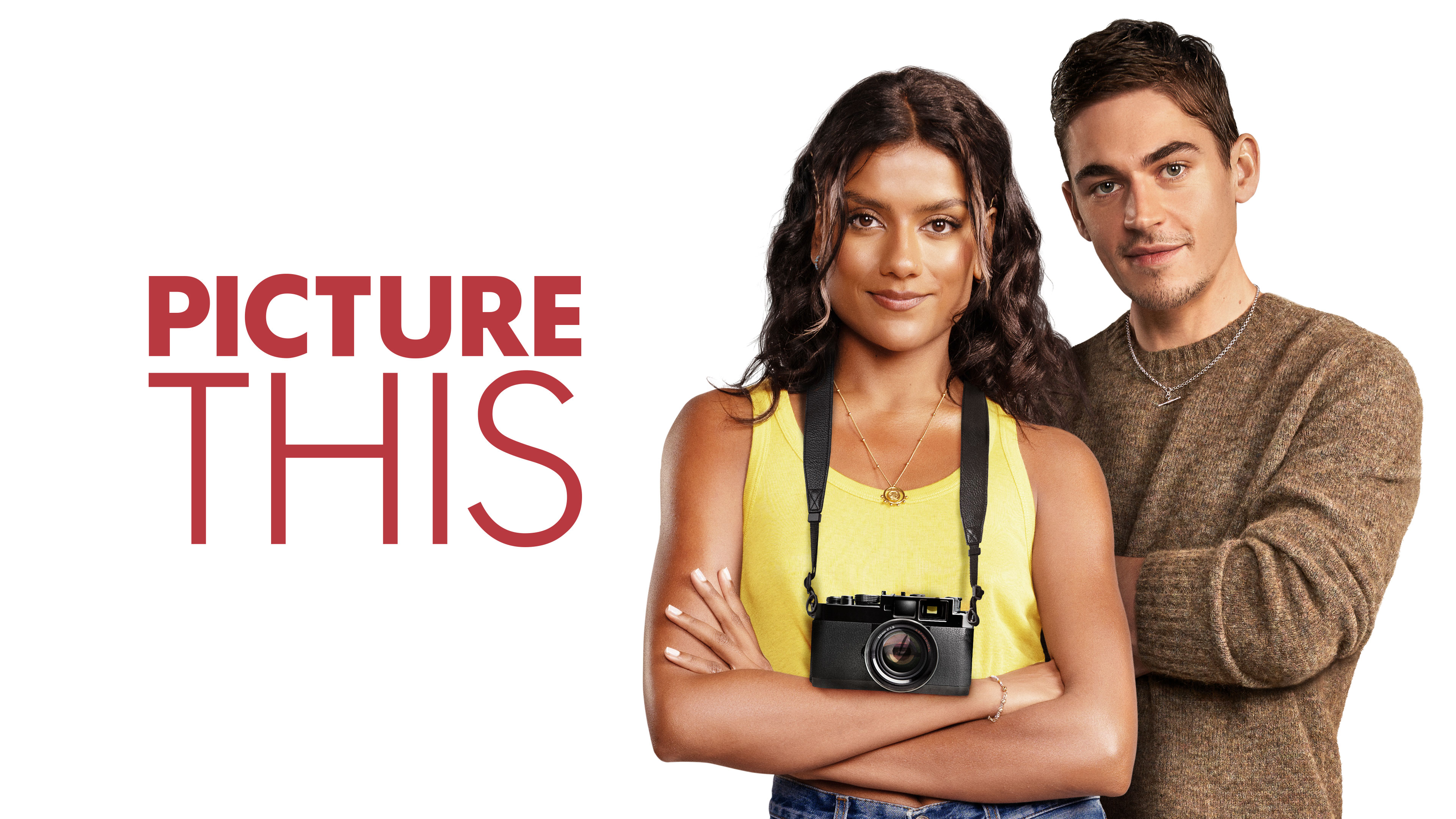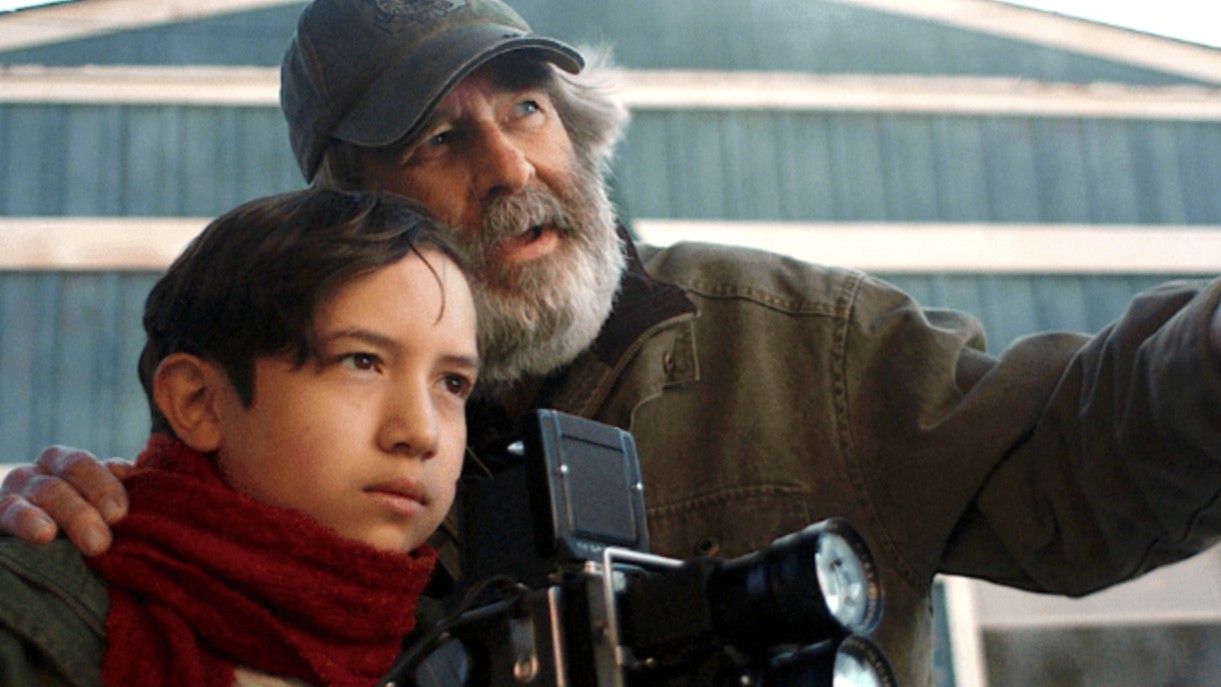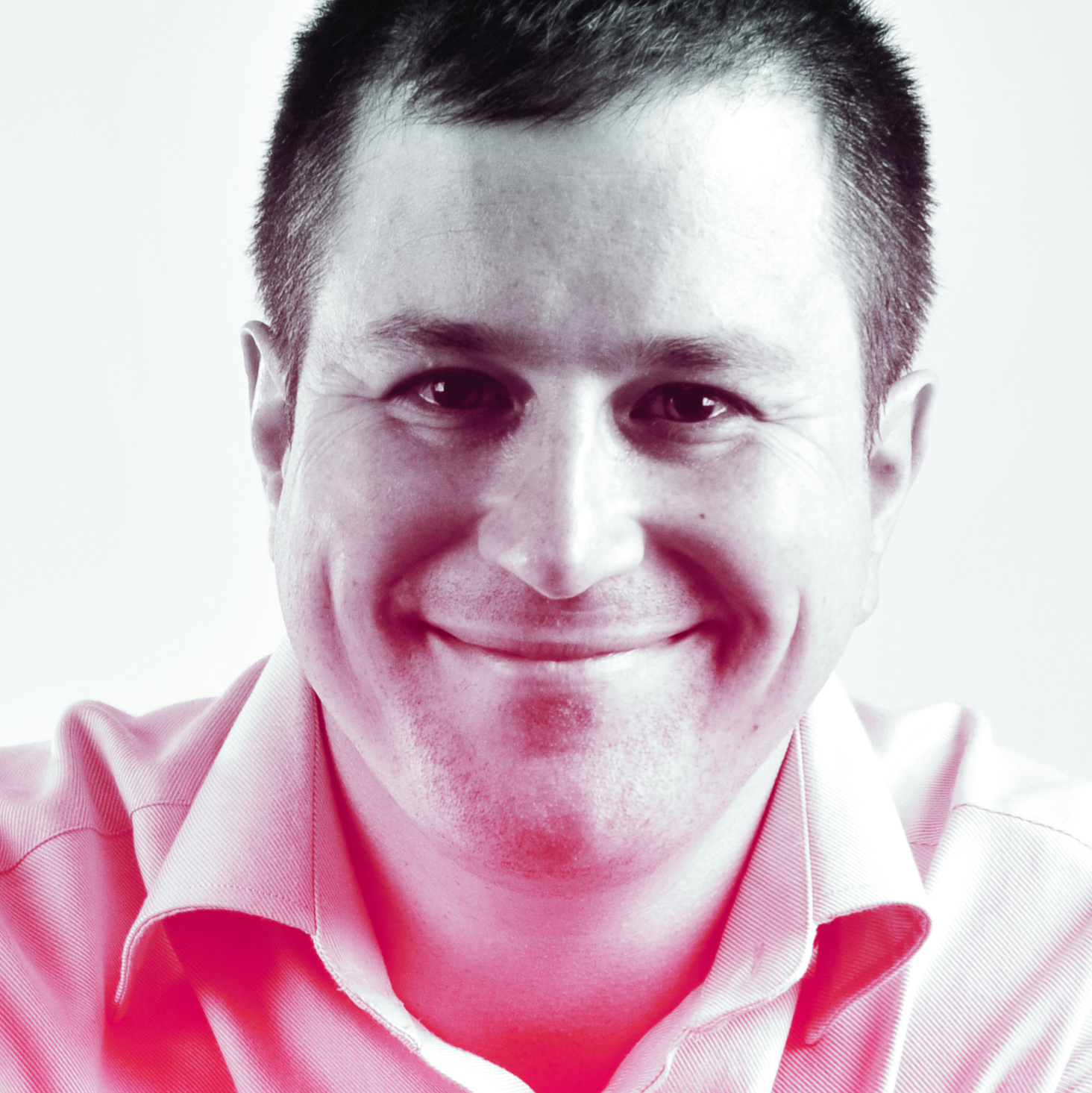
The best camera deals, reviews, product advice, and unmissable photography news, direct to your inbox!
You are now subscribed
Your newsletter sign-up was successful
Walk into a cinema this year and you’ll spot a curious trend. Suddenly, everyone seems to be making movies about photographers.
Lee, the biopic about war photographer Lee Miller starring Kate Winslet, earned both critical and audience acclaim last autumn. January saw Peter Hujar’s Day, starring Ben Whishaw as the legendary New York portraitist whose images of gay culture in the ’70s and ’80s captured beauty and mortality in equal measure.
I Am Martin Parr, a documentary following Britain’s grumpiest lensman on a shoot, followed in February. Ernest Cole: Lost and Found arrived in March, tracing the South African who risked everything to photograph apartheid.
And that's not to mention films about fictional photographers. My favourite is Camera, about a mute boy who finds his voice through a broken twin-lens reflex, which has been sweeping up festival awards.
We've also had the indie hit Rule of Thirds, a dark comic drama about a perfectionist photographer, and Picture This, a romcom about two rival snappers competing for the same career-defining shot. I could go on but you get the picture (so to speak).
Behind the trend
On the one hand, this trend isn't so surprising. After all, film and photography share DNA. Both chase light, composition and that eternal question: what’s worth capturing? Directors, being visual creatures, naturally gravitate toward photographers; they’re kindred spirits.
Thing is, though, that’s always been true. Photography’s been around for 170 years, cinema for over 130. So why this sudden flood of photographer-centric films now?
The best camera deals, reviews, product advice, and unmissable photography news, direct to your inbox!

I'd argue it's because we’ve ended up living in a visual culture that’s lost touch with reality. Hollywood blockbusters are buried under CGI: ever-bigger, louder, shinier, yet somehow emptier. Not because the tech is bad, but because it’s too good. When everything’s visually possible, nothing feels earned.
Then there's social media, where photography is less about seeing, more about staging. Every “authentic” moment has been filtered, retaken, algorithmically promoted. Even imperfections are curated.
Reconnecting with reality
Right now, that trend is only heightening, as AI learns to conjure 'photos' that never happened and 'film' scenes that were never shot. Again, the tech is amazing; but again, it's killing the very point of making images. The presence, the risk, the imperfection. No wonder audiences are craving something real.
That’s what these films about photographers are tapping into. Whether it’s Lee Miller holding her breath before a wartime portrait, Martin Parr verbally sparring with tourists at UK beach towns or Ben Whishaw as Peter Hujar wandering the East Village with his battered lens, these stories are obsessed with the act of photographing. The tactile, physical, un-fakeable process of trying to see.
When Kate Winslet learned to actually operate a Rolleiflex for Lee, studying Miller’s archive and techniques, that wasn’t actorly indulgence; it was respect. You can feel that integrity on screen.

And that makes films like this quietly subversive. They’re saying: the photograph still matters. The real one. The one you can’t undo or filter or re-render. They remind us that image-making is a human craft, not a software function.
If you make images – film, photos, whatever – you should pay attention to movies like this. Because their stories aren’t just nostalgic tributes; they’re also a modern-day alarm. They’re saying: this practice of seeing, of being present, of choosing a frame, matters now more than ever.
In a culture obsessed with revision and control, photography is radical precisely because it’s final. You can’t edit your way out of a missed moment. You can’t “generate” presence, atmosphere, real-life drama and chaos. So when cinema turns its lens on photographers, it’s not romanticism. It’s resistance.
You might also…
Check out the best movies about real photographers, along with the best films about fictional photographers as well as the best TV shows about photography.
Tom May is a freelance writer and editor specializing in art, photography, design and travel. He has been editor of Professional Photography magazine, associate editor at Creative Bloq, and deputy editor at net magazine. He has also worked for a wide range of mainstream titles including The Sun, Radio Times, NME, T3, Heat, Company and Bella.
You must confirm your public display name before commenting
Please logout and then login again, you will then be prompted to enter your display name.

